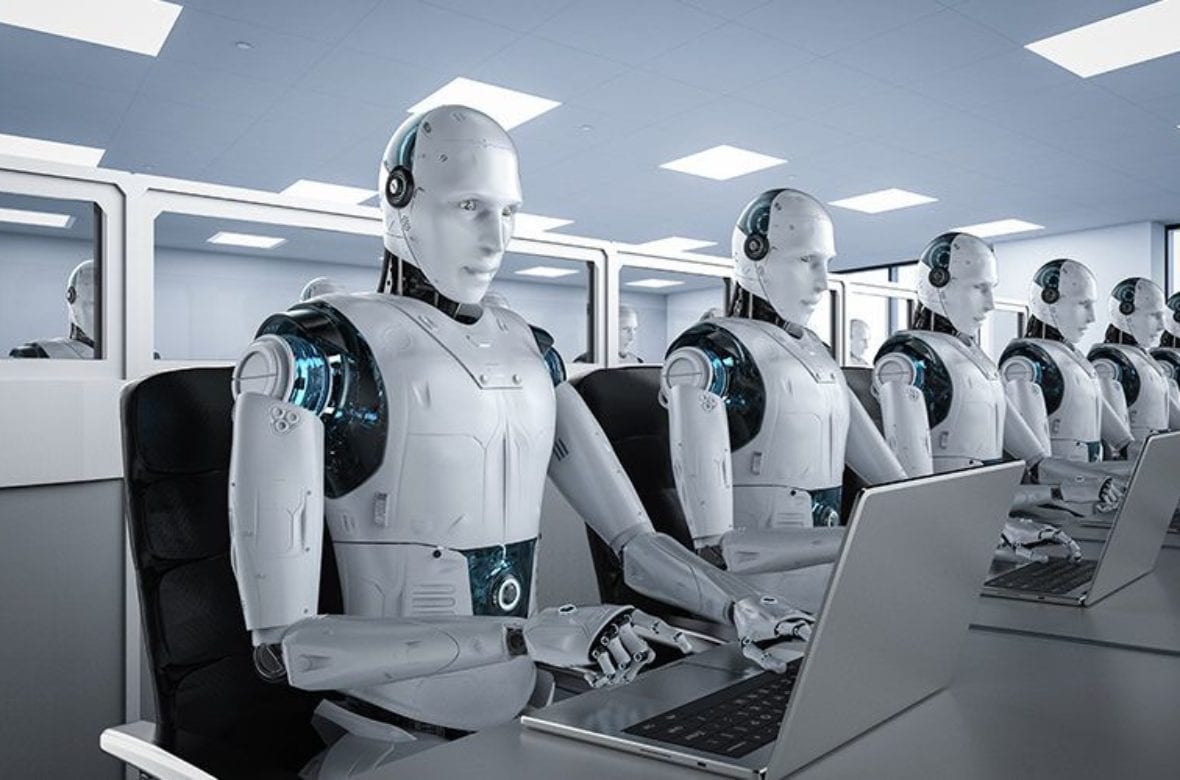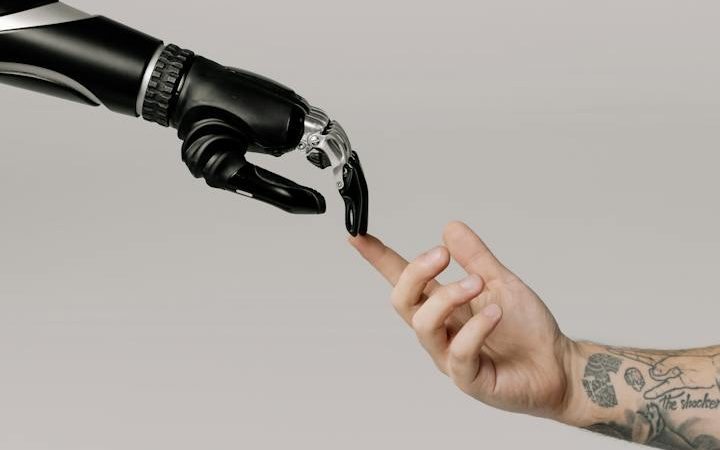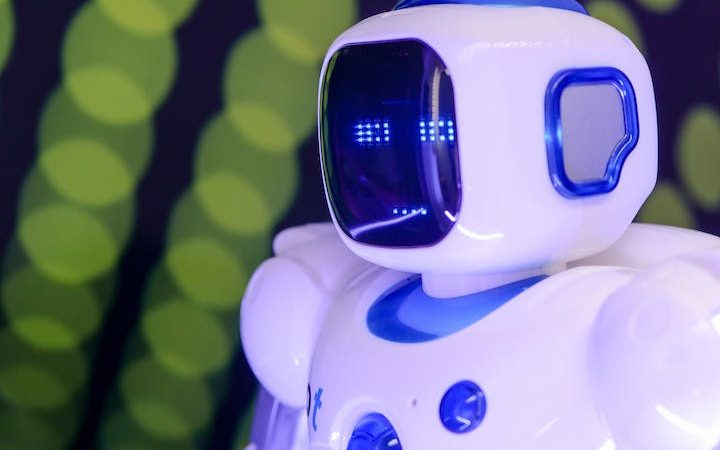Job Impact Study: AI Risks and Opportunities 2024

A new study shows which jobs are threatened by AI and which ones will be boosted. Artificial Intelligence automates mundane tasks such as data entry and customer service. A McKinsey report revealed that 30% of the current work hours could be automated. AI will force many professionals to change careers.
We are entering a new technological revolution with the potential to boost productivity and global growth. However, the rapid advancement of Artificial Intelligence has raised concerns about job losses and increased inequality.
IMF staff have conducted a study on AI’s impact on the global labor market, which suggests that AI may lead to job displacement but can also complement human work.
The report predicts an increase in demand for STEM workers, particularly in healthcare, throughout Europe. It also forecasts a decline in office administration and production jobs.
AI is expected to impact approximately 60% of jobs, mainly due to the growing need for AI integration in production tasks. This integration has the potential to improve productivity for about half of the jobs at risk.
Employers could benefit from AI-driven robots and machines, as they are capable of performing complex tasks faster than humans. This could result in fewer job opportunities, lower salaries, reduced hiring, and the potential disappearance of certain types of jobs.
What impact does Artificial Intelligence have on developed and developing countries?
AI exposure in emerging markets and low-income countries is projected to be 40% and 26%, respectively. These countries may have a few issues integrating AI into their systems. As a result of this increasing risk, the technology may worsen inequalities over time.
How Artificial Intelligence Can Impact the Job Market
AI may also impact income and wealth inequalities within countries. Income brackets could be polarized, as workers who are able to harness AI will likely experience an increase in productivity and wage growth.
Mckinsey’s report states that AI will have the most significant impact on office administration, customer service, and sales. The report explains that job losses will be concentrated in areas where repetitive and routine tasks are daily.
Workers who need help adapting to the AI-driven world of the future will face lower income and productivity issues. They may be laid off or receive a lower salary than those who can. For example, younger workers may adopt AI faster than older workers.
AI can assist workers with less experience in increasing their productivity faster. Older workers might struggle to adapt to AI, while younger workers may be able to take advantage of opportunities.
Gains in productivity by firms adopting AI are likely to boost capital returns. This may favor high-earners. Both of these phenomena may increase inequality.
Conclusion
To resolve these productivity issues and inequality of labor, companies will need to invest in programs and skill-training sessions in areas such as data analytics, programming, or critical thinking. This will equip their employees with the skills they need to survive in an AI-driven future.






